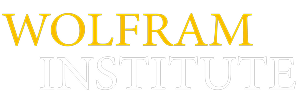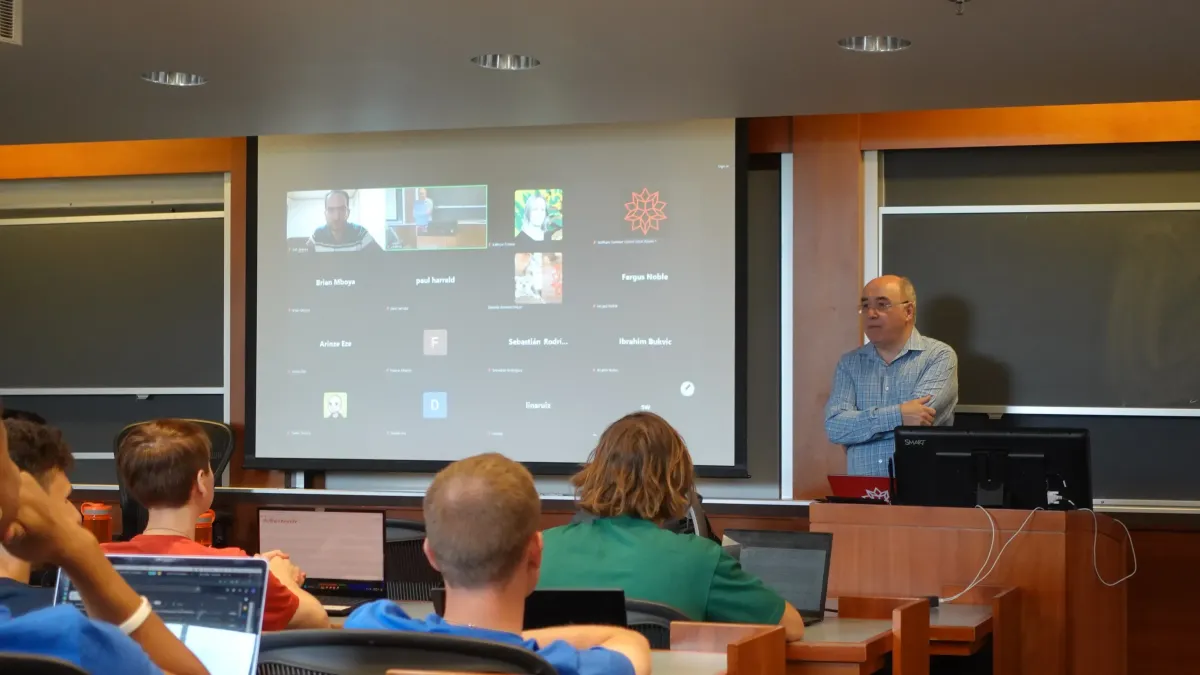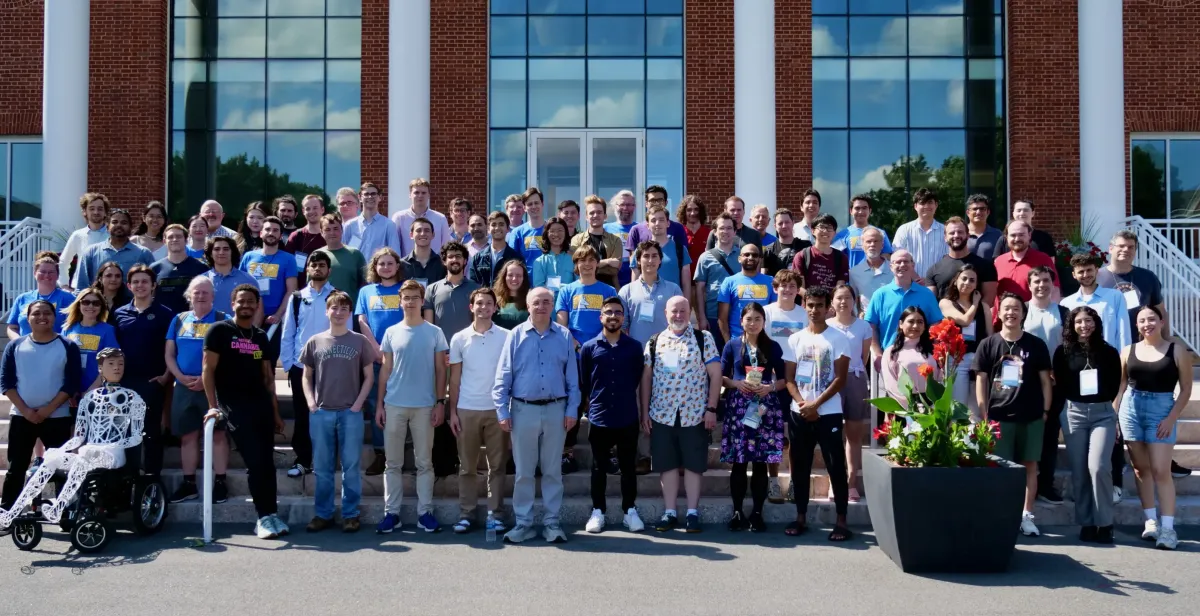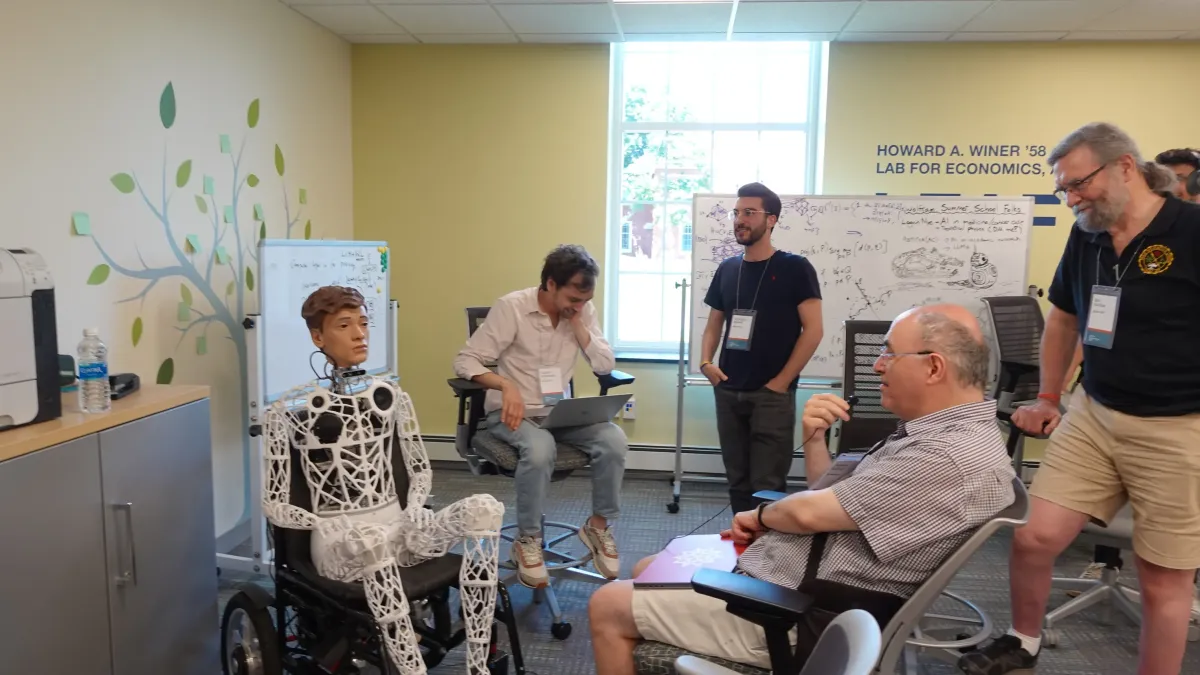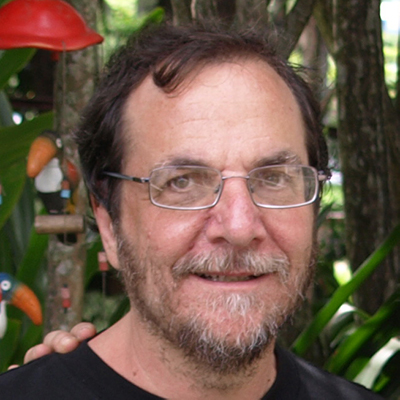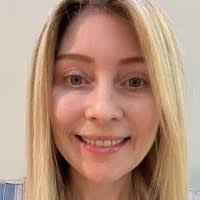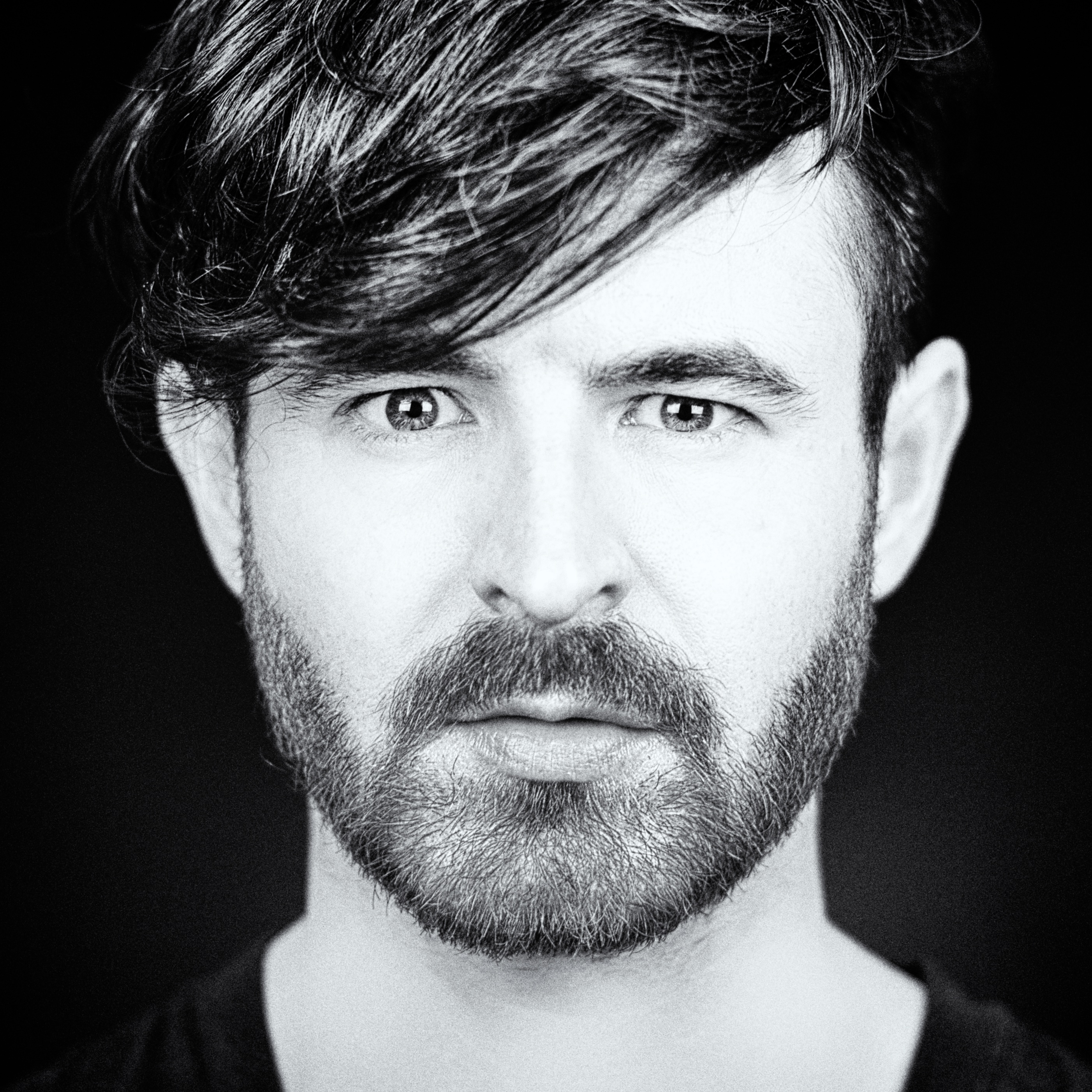WOLFRAM
Foundational
Thinking Lab
Playful explorations. Serious ideas.
The Wolfram Foundational Thinking Lab is an initiative of the Wolfram Institute dedicated to interdisciplinary learning and collaboration. It brings together intrinsically motivated individuals from a range of industries to reason from first principles, debate theories, build computational models, and publish insights. In addition to virtual courses and sessions, The Lab hosts in-person retreats, providing an opportunity to connect with peers and engage with some of the most influential and original thinkers of our time.
The Lab builds on over 20 years of success of the Wolfram Summer School, a unique educational and career-launching opportunity in science, technology, and innovation. While the Summer School takes place in person over three weeks, the Lab meets virtually for 12 weeks, followed by an optional 3-day retreat.
Who It Is For
Designed for professionals
from diverse industries
The Lab is designed for professionals from diverse industries, who seek recreational intellectual engagement. Most join simply for the joy of exploring fascinating, sometimes esoteric questions, and to connect with others, who value discovery for its own sake.
Participants often come from one of the following backgrounds:

Curious Professional
“I miss the kind of thinking I used to do in college.”
A mid-career individual in tech, finance, consulting, law, healthcare, or creative industries. Loves learning but finds MOOCs too passive and grad school too rigid. Values engaging discussions, accessible mentorship, and flexible learning options.

Knowledge Collector
“I want to connect the dots between fields and produce something original.”
A polymath or autodidact who hops between disciplines. Already consumes dense educational content from many sources, attends salons, and reads philosophy for fun. Values depth, novelty, interdisciplinarity.

Executive Explorer
“I’m looking for my next tribe.”
A founder or seasoned professional in a thought-leadership position. Looking for a peer group and access to visionary thinkers across domains for interdisciplinary
dialogue and insight.

Wolfram Alum
“I want to keep engaging with the Wolfram community, both socially and intellectually, but need something more flexible than a three-week in-person commitment.”
A follower of Stephen Wolfram’s work, a user of Wolfram Language, or an
alumnus of the Summer School.
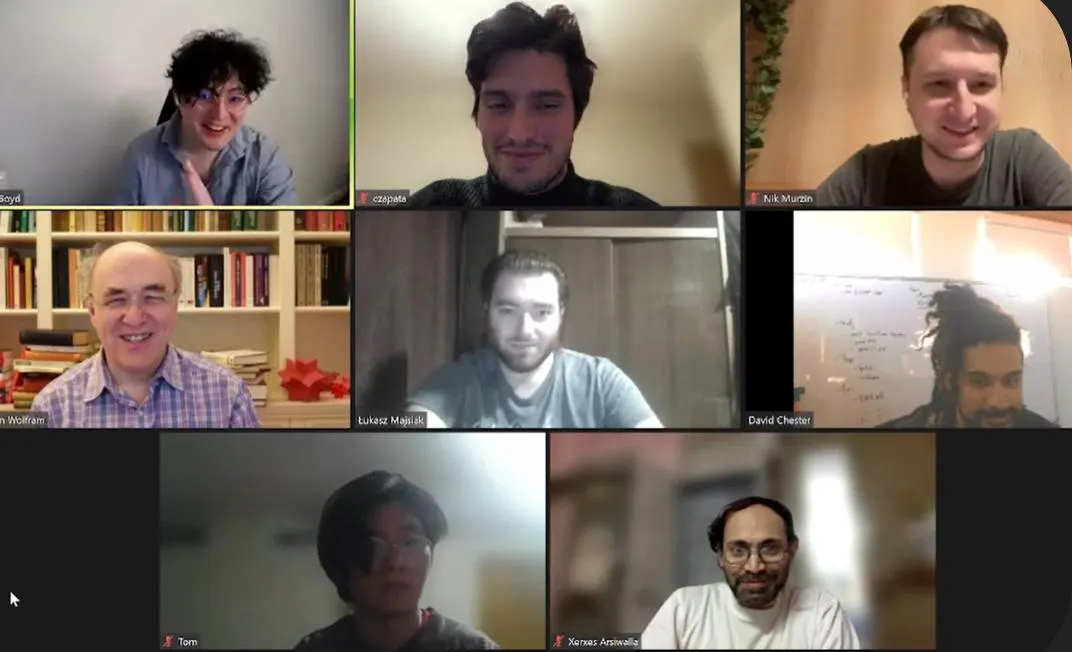
What We Do
Virtual courses led by expert mentors
Each course is an intellectual adventure designed not only to introduce a subject but to turn ideas into original, creative output. Our mentors include researchers, inventors, and popular educators who genuinely enjoy teaching and make learning playful, engaging, and fun.
What to Expect
An exciting intellectual journey
A small cohort of 6–8 participants embarks on a 12-week journey that includes lectures, guest talks, group discussions, and collaborative project work. Along the way, they take detours into history and philosophy, adding depth and perspective to the main theme. Most explorations include a computational component, and each group produces a computational essay as a final product. A computational essay is a rich, interactive notebook that combines narrative and code. In addition to live weekly sessions, participants should expect to spend several hours a week on individual reading and project work.
The term culminates with a retreat at an inspiring global location, where participants, mentors, and special guests connect in person and engage in informal discussions, often into early morning hours.

Bretton Woods, New Hampshire
Site of the 1944 conference that established the modern monetary order—and home to the landmark Rossi-Hall experiment that confirmed time dilation.
(Credit: Philip Scalia/Alamy)

Admission Requirements
Admission is selective and based on a bio, a brief statement of purpose, and an interview.
We welcome participants with an undergraduate level of general knowledge. We do not expect domain-specific knowledge. The Wolfram Language is our computational tool of
choice, as it naturally supports idea-driven exploration. Prior coding or Wolfram Language experience is not necessary but helpful. Stephen Wolfram’s introduction to computational thinking and the Wolfram Language can be found here: How to Teach Computational Thinking
Courses
February 2026
We are launching in early 2026 with a limited first cohort.
Computer scientist and creative technologist
Astronomy
A Brief History of Calendars
The calendar most commonly used these days is the Gregorian calendar. It is closely synced to the Sun's orbit around the earth (or, if you prefer, the earth’s orbit around the sun). This solar calendar is a relatively recent invention, the current exact form being less than five centuries old. Older calendars often were lunar, i.e. based on the phases of the moon, or based on a combination of both lunar and solar cycles. The project will be a group exploration of the nature of lunar and solar calendars. We will use a combination of historic research and computational model making.
Markets and Bank Treasury professional
Heterodox Economics
The Science of Money
What is money, really? Is it a social contract, a representation of value, a
monopoly of the state, or a collective hallucination? If we were to design a new monetary system today, would we choose a commodity standard, fiat currency, or decentralized crypto? Would money still be necessary in a post-labor society?
In this course, we will explore and debate three contemporary perspectives on the nature and function of money: the anthropological view, the modern monetary theory, and the emerging post-labor economics theory.
As a project, we will consider what a minimal computational model of an
economy might look like, one that enables experimentation and insight.
Philosopher and logician
Philosophy
Logic, Proof, and Understanding
Are logic and mathematics human inventions, or something we’ve
discovered? Philosophers have debated the issue for centuries, with no definitive answer. We’ll take a different approach, by investigating simple axiom systems
and ask, how typical are they in the space of possible systems? Are they the ones we’d expect to discover in nature?
To investigate these questions, we’ll ask: What is logic? How can we develop new axiom systems, and what’s their point? We’ll use computational techniques
to investigate as a group how different systems work. Some of these computational proofs grow very large. We’ll reflect on this and ask, does it matter if we can’t understand what the proofs are telling us?
Ready to explore new ideas?
Find the adventure right for you!
